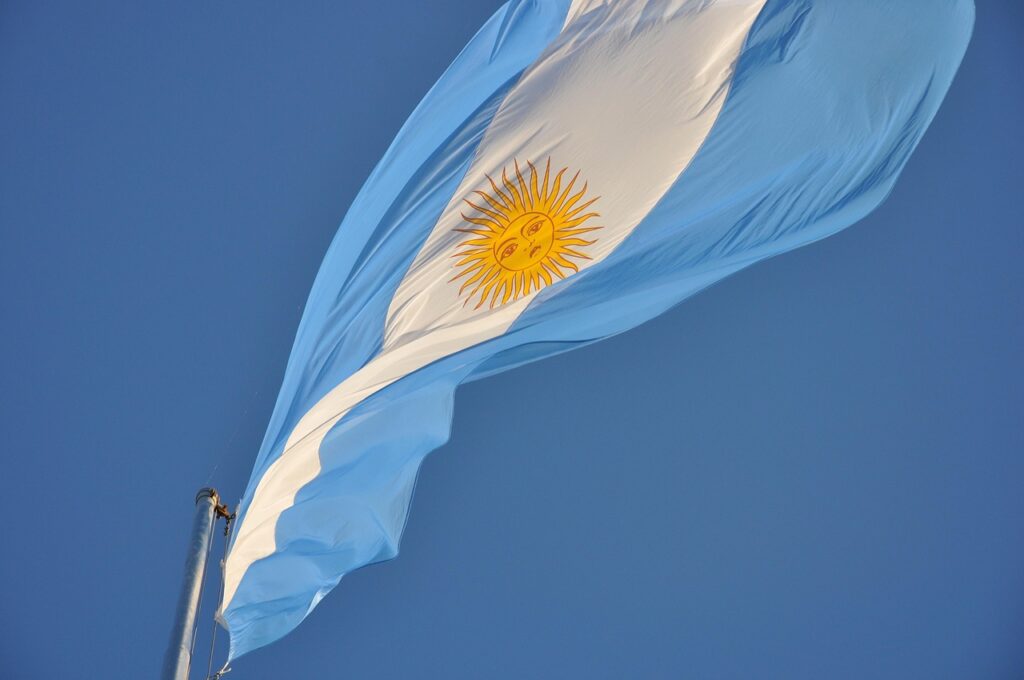Argentina has chosen to leave the World Health Organization (WHO), mirroring the United States’ decision. Government spokesperson Manuel Adorni announced that President Javier Milei instructed Foreign Minister Gerardo Werthein to proceed with the withdrawal. The government cited strong disagreements with the WHO’s pandemic policies as the primary reason.
This decision highlights increasing skepticism toward global organizations. The US set this precedent, with former President Donald Trump taking decisive actions against various UN bodies.
Trump has intensified his resistance against the United Nations (UN). He severed ties with the UN Human Rights Council (UNHRC) and ceased funding for the Palestinian refugee agency (UNRWA). He also hinted at a potential withdrawal from UNESCO.
His directive demands a comprehensive review of US membership in international organizations. Secretary of State Marco Rubio has six months to evaluate whether these institutions align with American interests. The World Trade Organization (WTO) is also under examination.
As the US scales back its UN involvement, China is stepping forward. Beijing has pledged to support multilateralism and broaden its global influence. Analysts such as Richard Gowan from the International Crisis Group suggest that China will take advantage of this shift.
The US has historically been a major financial backer of several UN agencies. In 2022, it contributed nearly one-third of UNRWA’s budget. Now, Trump has completely cut those funds. He has also withdrawn financial support from the UN Human Rights Council, accusing it of bias against Israel and supporting authoritarian regimes.
If the US leaves UNESCO, it could further weaken its global influence. With Argentina now aligning with the US, the stability of international institutions remains uncertain.
